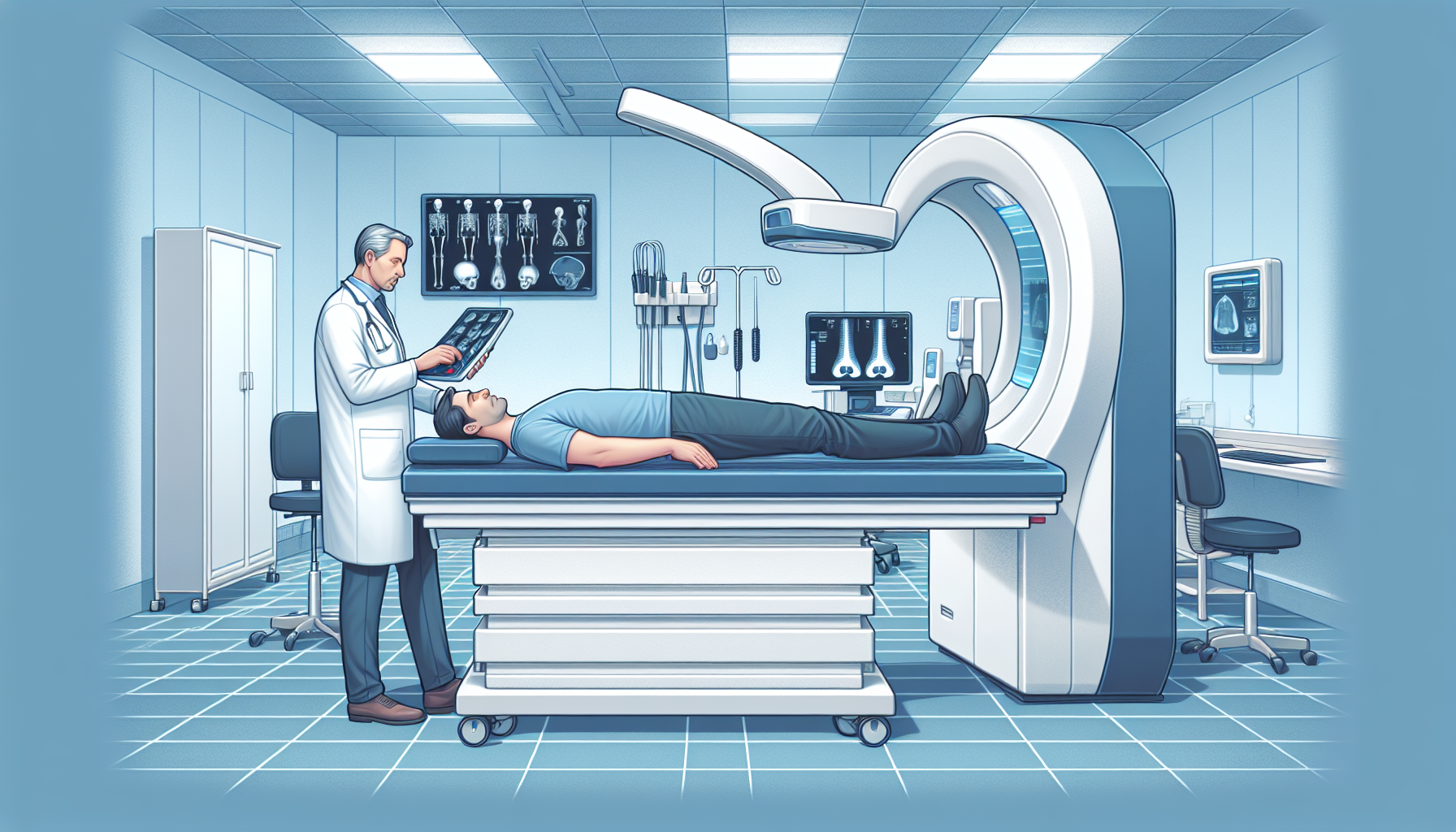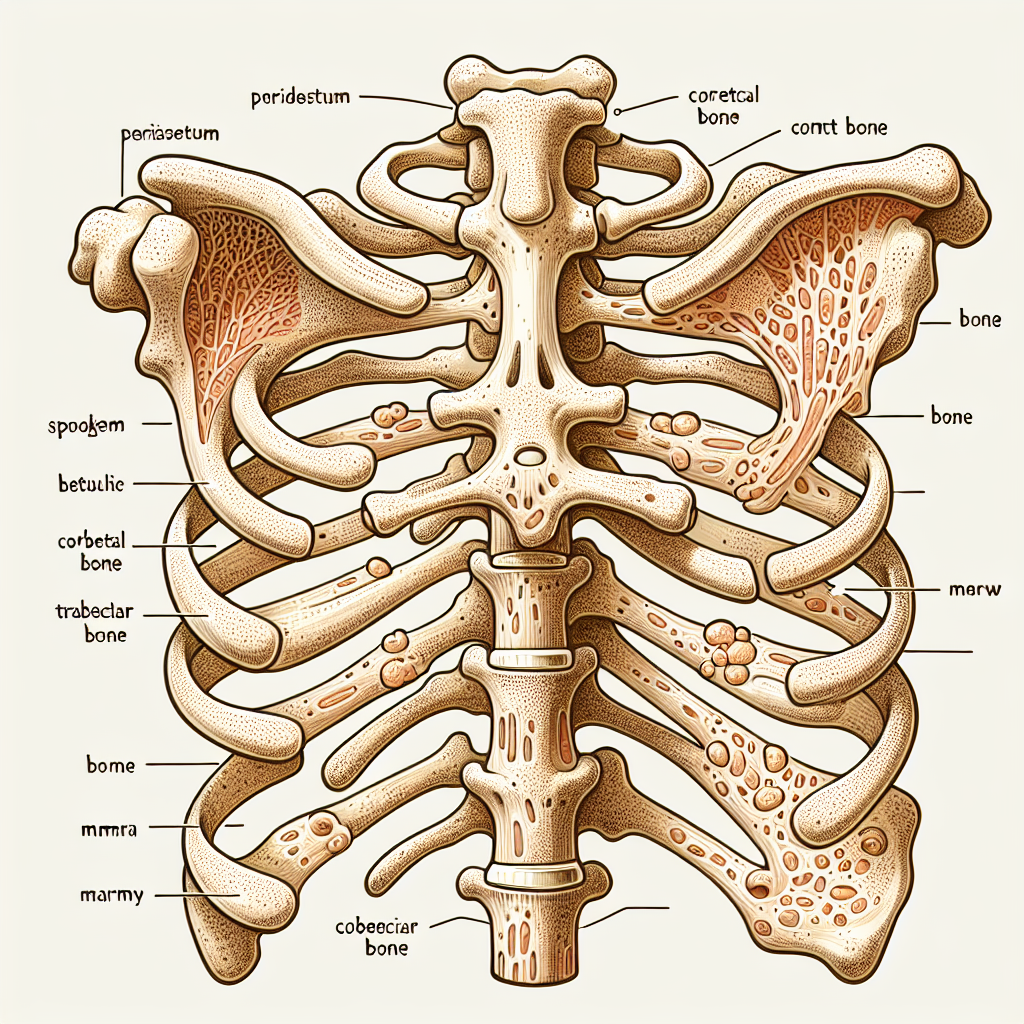Bone health is a critical component of overall well-being, yet it is often overlooked until significant issues arise. As we age, our bone density naturally decreases, leading to conditions such as osteoporosis, which can dramatically affect quality of life. Regular bone density screenings can help identify problems early on, allowing for preventative measures and treatments to maintain bone health. In this comprehensive guide, we will explore why these screenings are vital, how they work, and ways to support and enhance bone health.
Understanding Bone Density
Bone density refers to the amount of bone mineral in bone tissue, providing a measurement of the strength and solidity of your bones. Having a high bone density generally means that bones are strong and less susceptible to breaks or fractures. Conversely, low bone density can lead to brittle bones and an increased risk of injury, particularly in older adults.
The decrease in bone density is a natural part of the aging process, but certain factors can accelerate this decline. These include hormonal changes, such as those experienced during menopause, a lack of adequate nutrition, insufficient physical activity, and certain chronic conditions.
The Role of Bone Density Screenings
Bone density screenings are non-invasive tests that measure the mineral content of your bones, usually at the hip and spine. The most common screening technique is a dual-energy X-ray absorptiometry (DEXA) scan, which provides a detailed image of bone density levels. These screenings are crucial for:
- Early Detection: Identifying low bone density before a fracture occurs can be life-changing, particularly for those with risk factors for osteoporosis.
- Monitoring Health: For individuals with known bone health issues, regular screenings can monitor the effectiveness of treatment plans.
- Preventative Care: Screenings allow healthcare professionals to recommend lifestyle changes or treatments to strengthen bones before problems become severe.
For a deeper understanding of how bone health is foundational to overall health, Avix Health’s comprehensive guide on bone health provides valuable insights.
When to Get Screened
The National Osteoporosis Foundation suggests that women aged 65 and older and men aged 70 and older should have regular bone density tests. However, if you have risk factors such as a family history of osteoporosis, early menopause, a history of fractures, or certain chronic diseases, screenings should begin earlier.
Supporting Bone Health
In conjunction with regular screenings, there are several strategies to maintain and improve bone health:
- Nutrition: A diet rich in calcium and vitamin D is essential for bone health. Leafy greens, dairy products, and certain fish contribute to stronger bones.
- Exercise: Weight-bearing and resistance exercises stimulate bone growth and strength. Activities such as walking, running, and weightlifting can be particularly beneficial.
- For those looking for exercise ideas, consider the benefits of weight lifting for bone density as discussed in the article on The Benefits of Weight Lifting for Bone Density.
- Supplements: If dietary intake is insufficient, supplements may be necessary. Chondroitin and glucosamine are popular for maintaining bone health.
- Read more about the role of these supplements in the article titled The Role of Chondroitin and Glucosamine in Bone Health.
Lifestyle and Environmental Factors
Certain lifestyle choices can have a negative impact on bone density:
- Smoking and Alcohol: Both can inhibit bone growth and repair.
- Medications: Some medications, including steroids and certain cancer treatments, can affect bone density.
- Chronic Conditions: Diseases like rheumatoid arthritis and chronic kidney disease can lead to decreased bone density.
- To understand more about the kidney’s impact on bones, see The Effects of Chronic Kidney Disease on Bone Density.
Beyond Screenings: Further Resources
To expand your knowledge on bone health and density, consider these niche resources:
- International Osteoporosis Foundation provides a wealth of information about bone health, including research, patient stories, and educational materials.
- National Institute of Arthritis and Musculoskeletal and Skin Diseases offers comprehensive resources on various conditions affecting bone health and the latest in medical advancements.
- The Endocrine Society has in-depth articles and studies on how hormonal changes affect bone density, particularly in postmenopausal women.
- American Bone Health provides tools, calculators, and free resources on how to prevent bone loss and fractures.
- Bone Health and Osteoporosis Foundation (formerly National Osteoporosis Foundation) includes guidelines for bone health screening, prevention strategies, and treatment options.
In summary, regular bone density screenings are a critical aspect of maintaining bone health, especially as we age. By combining these screenings with a healthy lifestyle, proper nutrition, and physical activity, we can protect our bones and reduce the risk of fractures and osteoporosis. Remember to consult with your healthcare provider to determine the best screening schedule for your individual needs and to discuss any concerns about your bone health.



